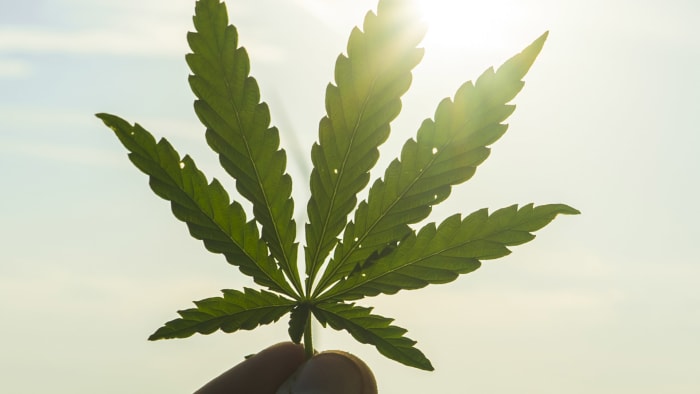As we follow the path of cannabis legalization across the U.S., we find that progress is not linear.
Even with overwhelming support from the populace and legislation that would legalize or decriminalize, the drug has often hit political snags in certain states where conservative thinking is entrenched.
Virginia has changed politically over the past couple of decades as the area in the suburbs of Washington D.C. exploded in population.
The state has gone from reliably red in 2000 to unreliably purple currently.
The state’s election of staunch Republican Glenn Youngkin has placed its cannabis legalization ambitions in jeopardy.
On June 1, the Virginia General Assembly voted to approve a budget bill that contains language that would recriminalize personal possession of over four ounces of marijuana in public.
Once Youngkin signs the bill, public possession of over four ounces and less than a pound of cannabis will be a Class 3 misdemeanor, making it an infraction punishable by a $500 fine. A second subsequent offense will be a Class 2 misdemeanor punishable by up to six months in jail and/or a $1,000 fine.
Youngkin attempted to recriminalize activities involving possession of two ounces of marijuana during an April veto session.
Uncle Sam Coming for Cannabis Funds
California cannabis retailers owe the state nearly $200 million in unpaid taxes, according to the California Department of Tax and Fee Administration.
Scroll to Continue
That tax bill comes from both unlicensed and licensed cannabis companies. The CDTFA is taking a new path to enforcement against underground businesses that the agency says have been undermining the legal cannabis market in the state by skipping taxes and undercutting licensed companies.
“Now that the economy is showing signs of recovery, we are resuming our standard approach to enforcement in all industries, including cannabis,” CDTFA spokesperson Tamma Adamek told MJBizDaily.
On May 11, the CDTFA will auction a property it seized in Compton for $50,000. It was the agency’s third auction in three months.
In late March, the department sold a property in Whittier, just east of L.A., for $310,000 after an investigators found unlicensed operators at the site owed $850,000 in taxes.
“CDTFA is committed to leveling the playing field for legal businesses by enforcing tax laws against illegal operations,” Adamek said.
Unlicensed and licensed marijuana companies have accumulated $187 million in unpaid taxes, according to CDTFA.
North Carolina Embraces Medical
North Carolina is just one of just six states (along with Idaho, Wyoming, Nebraska, Kansas, and South Carolina) where medical marijuana is illegal.
But recent legislation may change things for the Tar Heel state.
This week the state Senate gave initial approval to a limited-license medical marijuana bill by a 35-10 vote. The bill needs one more vote on a different day before moving to the state House of Representatives.
If it passes the House, Democratic Governor Roy Cooper is expected to sign the bill into law.
Under the bill, the state’s Medical Cannabis Production Commission would issue up to 10 medical marijuana “supplier” licenses that would be vertically integrated, according to MJBizDaily.


